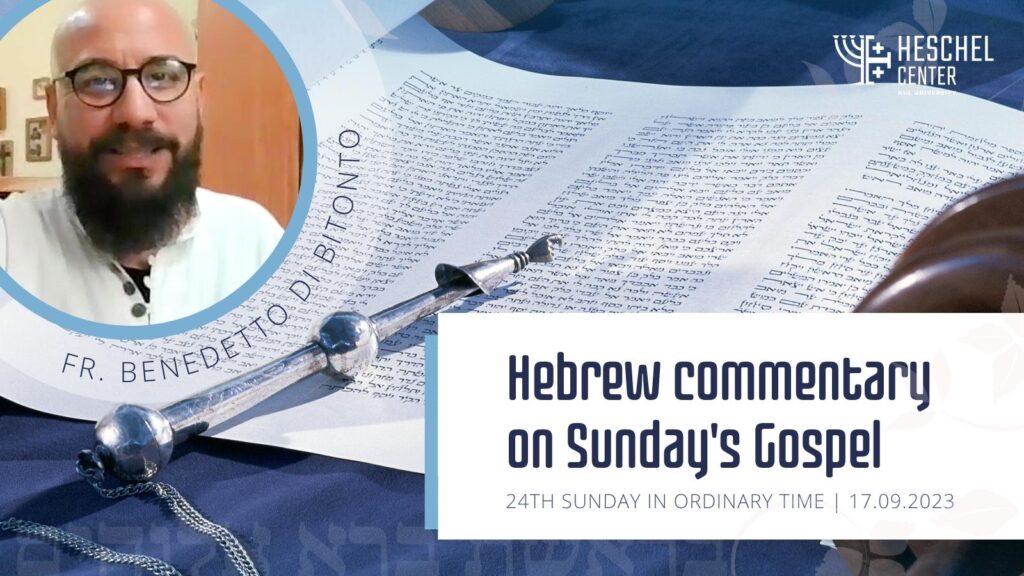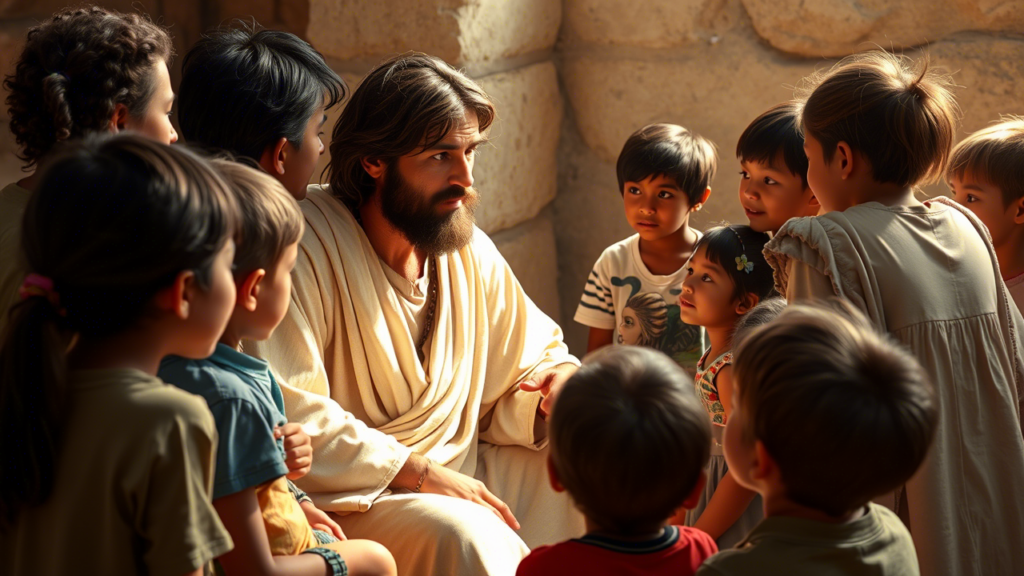Limit of forgiveness or forgiveness without limit?
The key to understanding Jesus’ answer to Peter’s question about the limit of forgiveness is the parable of the merciful king and the unmerciful debtor. Jesus reveals a whole new dimension to the approach to the law, the reality that by experiencing God’s boundless mercy and imitating it toward our brothers and sisters, we become […]

The key to understanding Jesus’ answer to Peter’s question about the limit of forgiveness is the parable of the merciful king and the unmerciful debtor. Jesus reveals a whole new dimension to the approach to the law, the reality that by experiencing God’s boundless mercy and imitating it toward our brothers and sisters, we become like Him,” writes Fr. Benedetto Di Bitonto, Ph. D., of the Saint James Vicariate for Hebrew speaking Catholics in Israel, in a commentary for the Catholic University of Lublin’s Heschel Center for Sunday, September 17.
In Sunday’s Gospel, Peter asks Jesus a question about how many times he should forgive. This attitude comes from a desire to “establish boundaries, a clear knowledge of being in or out, right or wrong.” As Fr. Di Bitonto points out, it is at the same time evidence of Peter’s immaturity at this stage of his spiritual journey.
Responding to Peter’s question, Jesus tells a parable about a king who gave his servant the entire debt, even though the servant only asked for a postponement of payment. However, offered mercy, the debtor did not show it to his debtor, which deeply grieved the king and caused him anger, which he expressed in severe punishment.
Christians, through baptism, become priests, prophets, and kings, so “by practicing mutual forgiveness, opening their hearts to their neighbors, they can exercise their God-given royal authority,” Fr. Di Bitonto points out.
Fr. Benedetto Di Bitonto emphasizes that Jesus shows a new aspect of the Kingdom of Heaven when addressing the question of forgiveness. “It is a reality in which people forgive each other, knowing that we are all debtors, we have all been forgiven, and we still need forgiveness,” Fr. Di Bitonto writes.
Jesus’ attitude is an invitation to all to follow him. “Every day we can make the Kingdom of Heaven present on earth each time we remind ourselves of God’s mercy and love for us and his call for us to be like him,” Fr. Benedetto Di Bitonto concludes.
A full text of the commentary on the Heschel Center of the Catholic University of Lublin website:
https://heschel.kul.pl/limit-of-forgiveness-or-forgiveness-without-limit,art_103988.html
Related

A Prodigious Mind: Thomas Aquinas
Jesús Ortiz López
14 April, 2025
6 min

Sunday Psalm: A Sense of Abandonment and Hope for Salvation
Heschel Centre for Catholic-Jewish Relations at the Catholic University of Lublin
13 April, 2025
4 min

Explaining Holy Week to Our Children: A Journey of Faith and Hope
Laetare
11 April, 2025
4 min

Christian Leadership in Business: A Model of Humility, Justice, and Solidarity
Javier Ferrer García
10 April, 2025
3 min
 (EN)
(EN)
 (ES)
(ES)
 (IT)
(IT)

